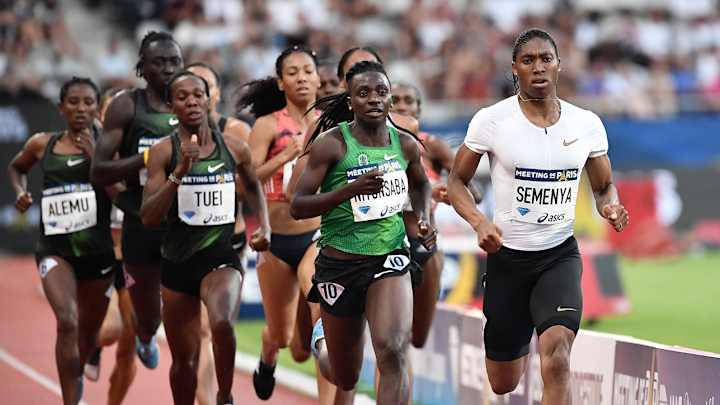Human Rights Watch Says IAAF's New Testosterone Rule Discriminates Against Some Women

Human Rights Watch sent a letter to International Association of Athletics Federation president Sebastian Coe on Tuesday, saying the new ruling on regulating testosterone levels discriminates against women.
The IAAF, track and field's governing body, announced the new rule in April that would force some elite female runners with naturally-high testosterone levels to take medication to lower their hormone levels or they must compete against men in certain events. The rule is slated to take effect in November and would affect athletes in the 400 meters to mile.
The IAAF claims the rule is to create "fair and meaningful competition within the female classification" after an IAAF funded study revealed women with extra testosterone have an advantage over rivals.
In its letter, Human Rights Watch said it was concerned the rules "encourage violations of internationally-protected human rights, including the rights to privacy, health, bodily integrity, dignity and non-discrimination" and called on Coe to "urgently revoke these regulations."
The letter went on to say, "Despite claims from IAAF that the regulations will not prevent any women from competing in athletics, they do effectively force some women with intersex traits (or differences of sex development) to chose between undergoing medically unnecessary intervention to lower their testosterone levels or be precluded from participating in international sport."
It also added that there is an "absence of a clear scientific consensus" surrounding the IAAF's claims.
Olympic champion Caster Semenya has pursued legal action against the rule and members of the Women's Sports Federation have opposed the ruling. The IAAF was at the center of a scandal in 2009 when it was reported Semenya was subjected to sex verification testing.
